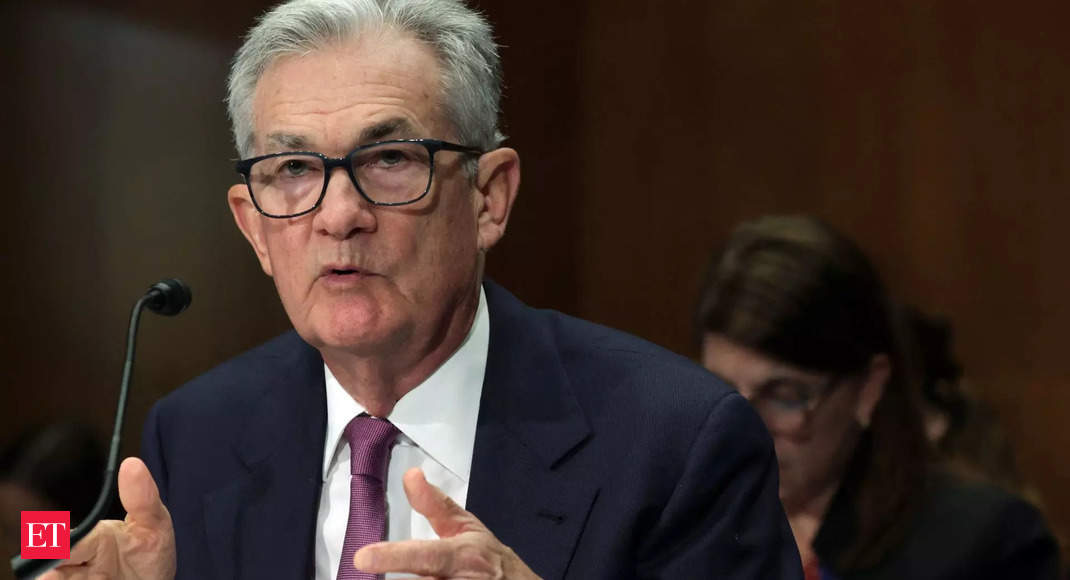A senior Federal Reserve official, Michelle Bowman, has criticized proposals to increase bank capital requirements and called for an independent and impartial investigation into the rapid failure of US banks earlier this year. Bowman stated that a recent report on banking failures put together by the US central bank’s vice chair for supervision, Michael Barr, was not reviewed by the other members of the Board prior to its publication. Speaking at a conference in Salzburg, Bowman expressed concern over the lack of contribution from other Board members in the report’s content, questioning its accuracy and transparency.
The report by Barr called for greater banking oversight while admitting the Federal Reserve’s own failures in overseeing the collapsed Silicon Valley Bank. However, Bowman suggested that an independent review is necessary to provide a comprehensive understanding of what led to the failures. She highlighted the division among the top officials of the Federal Reserve regarding the best path forward on bank regulation.
During a Congressional hearing, Fed Chair Jerome Powell addressed reports of considering raising capital requirements for some US banks by up to 20 percent, with a focus on the eight largest banks. Powell assured that banks with less than $100 billion in assets would not be affected. In response to this, Bowman emphasized the need to improve bank supervision for large banks but stressed the importance of an impartial and independent review to identify the root causes of the failures. She argued that improvements to supervision, revisions to liquidity requirements, or enhancements to bank preparedness would be more effective than increasing capital for a broad set of banks.
Bowman acknowledged that regulatory and supervisory reforms are underway but urged that the changes implemented promote a safe and sound banking system. She stressed that misperceptions and misunderstandings about the causes of bank failures could result in real harm to banks, their customers, the financial system, and the broader economy.
In conclusion, Bowman called for circumspection in understanding what went wrong, deliberation in determining solutions, and awareness of the unintended consequences of any reforms undertaken. She emphasized the need for an accountable and transparent approach to ensure the long-term stability and resilience of the banking sector.











